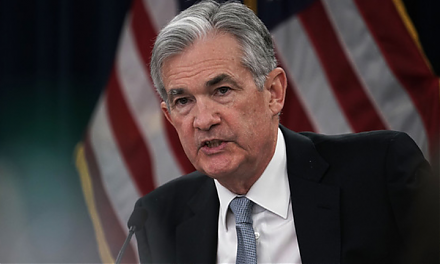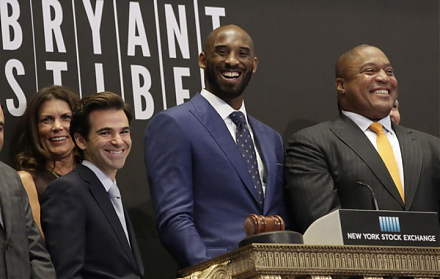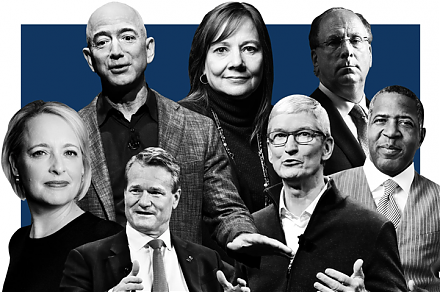

2018-11-27 10:37:00 Tue ET
stock market gold oil stock return s&p 500 asset market stabilization asset price fluctuations stocks bonds currencies commodities funds term spreads credit spreads fair value spreads asset investments
Warren Buffett offloads a few stocks from the Berkshire Hathaway portfolio in mid-November 2018. The latest S.E.C. report shows that the Oracle of Omaha sold a significant number of shares in Phillips 66, Sanofi, Walmart, and 3 primary airlines: American Airlines, United Continental Airlines, and Southwest Air.
Berkshire unloads Phillips 66 shares as the oil refinery company hovers around the 10-year high share price. Buffett exercises discipline to sell Sanofi shares when the global biopharma company faces the patent expiration for its long-active insulin Lantus (which raked in $7 billion in annual revenue at its peak). Intense competition also arises for Sanofi in the wide context of both cancer and rare disease treatment.
Berkshire has continued to lower its stock bets on Walmart since 2016, and Buffett regrets his tough judgment call between the brick-and-mortar retailer Walmart and the ecommerce tech titan Amazon. Walmart has not been able to deter Amazon from acquiring its market share, and the Sino-U.S. trade disputes and higher U.S. wages can become detrimental to both sales and net profit margins for Walmart. For these reasons, Berkshire offloads the additional 1.4 million shares in Walmart. Buffett further trims the Berkshire stock bets on several airlines below the 10% disclosure threshold in order to avoid onerous regulatory compliance requirements.
If any of our AYA Analytica financial health memos (FHM), blog posts, ebooks, newsletters, and notifications etc, or any other form of online content curation, involves potential copyright concerns, please feel free to contact us at service@ayafintech.network so that we can remove relevant content in response to any such request within a reasonable time frame.
2018-12-05 09:38:00 Wednesday ET

Federal Reserve publishes its inaugural flagship financial stability report. Fed Chair Jerome Powell applauds both low inflation (2%) and low unemployment (
2019-08-08 09:35:00 Thursday ET

Kobe Bryant and several other star athletes have been smart savvy investors. In collaboration with former Web.com CEO Jeff Stibel, the NBA champion invests
2020-04-24 11:33:00 Friday ET

Disruptive innovations tend to contribute to business success in new blue-ocean markets after iterative continuous improvements. Clayton Christensen and
2019-08-09 18:35:00 Friday ET

Nobel Laureate Joseph Stiglitz maintains that globalization only works for a few elite groups; whereas, the government should now reassert itself in terms o
2025-07-05 11:23:00 Saturday ET

Former New York Times science author and Harvard psychologist Daniel Goleman explains why working with emotional intelligence helps hone our social skills f
2021-11-22 11:29:00 Monday ET

U.S. judiciary subcommittee delves into the market dominance of online platforms in terms of the antitrust, commercial, and administrative law in America.